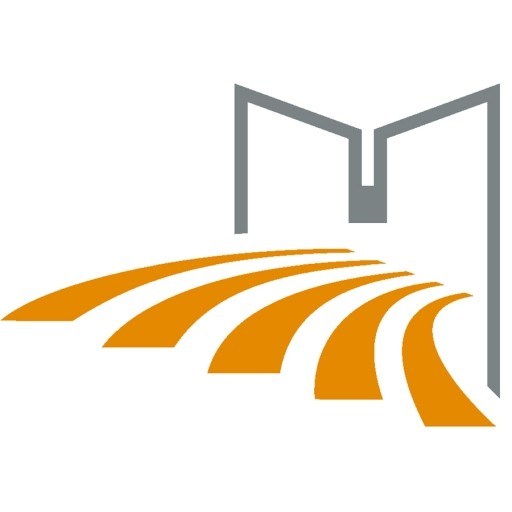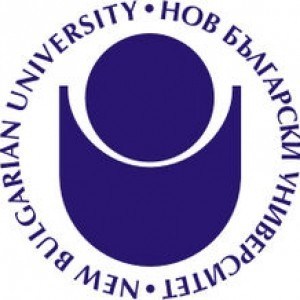The Bachelor of Arts in North and Latin American Studies at the University of Passau offers a comprehensive interdisciplinary curriculum designed to provide students with a deep understanding of the history, culture, society, politics, and economic developments of North and Latin America. This program emphasizes both regional specialization and critical analysis, equipping students with the tools necessary to analyze complex issues facing these regions today. Throughout the coursework, students engage with a variety of disciplines, including history, political science, cultural studies, and economics, fostering a holistic perspective on North and Latin American affairs. The program encourages active engagement through seminars, research projects, and field studies, providing practical insights and fostering academic skills such as analytical thinking, research methodologies, and effective communication. Students will also have opportunities to improve their language skills in Spanish and English, enabling them to access primary sources and communicate effectively within diverse cultural contexts. The curriculum is designed to promote an understanding of regional differences and commonalities, preparing graduates for careers in international relations, journalism, cultural exchange, government agencies, NGOs, academia, and the private sector. International exchange programs and internships are integrated into the degree to enhance students’ practical experience and intercultural competence. Graduates of the North and Latin American Studies program will be well-equipped to analyze geopolitical issues, economic challenges, social movements, and cultural transformations across the regions, making them valuable assets in a globalized world. The program emphasizes critical thinking, regional expertise, language proficiency, and intercultural skills, fostering graduates' ability to contribute to international cooperation, development, and cross-cultural dialogue.
Educational organisation
The programme consists of three module groups:A) Foundation module
B) American modules
C) Profile modules
A) General themes of the core module are intercultural communication and comparative cultural studies as relating to North and South America. This module draws from the course content and methodologies of a number of disciplines to lay the foundation for the profile-setting and consolidation in subsequent modules.
B) Module group B comprises the three American modules: Anglo-American Studies and Latin America (I), Political Science (II) and Geography (III). Students can set a specific focus by subject or geographic region.
C) In the two profile modules, Transnational America (I) and Management and Marketing (II), students may choose their electives in accordance with their own abilities and interests. This freedom of choice enables students to create a distinct academic profile and enhances their employability. The entire Transnational America profile module is to be completed in South America, e.g. while enrolled at one of the the University of Passau's partner universities in Argentina, Brazil, Chile, Costa Rica, Ecuador or El Salvador.
The degree programme includes a written Master's thesis on a topic chosen from module group B. Students who complete the programme will receive a total of 120 ECTS credits.
Study abroad unit(s)
The Transnational American Studies module is completed in Latin America.You are responsible for completing the formalities as well as preparing and making all necessary arrangements for your internship/work experience or study abroad. However, you may contact the International office for assistance with selecting scholarship programmes as well as for advice and guidance.
For more information, please see: http://www.uni-passau.de/en/international/
Internships
There is no formal internship requirement for students completing this programme.If students wish to complete a voluntary internship, they are responsible for searching for an internship, clarifying the outline, and making all necessary arrangements. We recommend that students complete internships, as it allows them to gain valuable work experience in a selected occupational field whilst still at university. At the same time, it offers them the opportunity to apply the knowledge and skills that they have acquired in their studies. This also allows them to reflect upon their career aims and establish contact with potential future employers.
The primary contact for all employment-related matters is the Careers Service.
For more details, see: http://www.uni-passau.de/en/careerservice/
Language requirements
You will need a good command of English at level B2 of the Common European Framework of Reference for Languages (CEFR) and Spanish or Portuguese at level B2 CEFR. As the programme involves a large number of German-taught modules, applicants must have good German language skills, too.Required DSH / TestDaF
YesAcademic requirements
Applicants should have an undergraduate degree obtained after a course of at least three years of full-time study in a social science, cultural studies, business, economics or related discipline with a result of 3.0 or better according to the German marking system.For an overview of the German marking scale, please visit: http://www.uni-passau.de/en/international/coming-to-passau/information-for-new-students/marking-system/.
Enrolment fees
The enrolment fee amounts to 70 EUR per semester. This fee comprises the student association contribution of 52 EUR and the semester bus pass, which costs 18 EUR.Costs of living
As a bare minimum, you should budget approx. 660 EUR per month for accommodation, food, transport, and other activities. Your actual expenses will vary depending on your lifestyle. Here is a breakdown of typical monthly expenses:Rent: 180-350 EUR
Food: 150-250 EUR
Public transport: included in the semester contribution
Books/other: 50-100 EUR
Job opportunities
For international students, a dedicated career adviser is on hand. The iStudi Coach will answer all of your questions about finding work or placements in Germany or abroad.Please see: http://www.uni-passau.de/en/istudi/
Please note that students from non-EU countries must apply for a work permit at the national job centre if they would like to work more than 240 half-days per year. Students from EU member countries do not require a work permit.
Funding opportunities within the university
In general, scholarships are awarded on the basis of academic performance; applicants' financial situations are only taken into consideration to a minor degree and scholarships (especially those from the university) are not usually awarded before the commencement of studies. If you intend to apply for a scholarship while you are still in your home country, please contact the German Embassy or the German Consulate at your earliest convenience.http://www.uni-passau.de/studium/waehrend-des-studiums/kosten-finanzierung/stipendien/
Arrival support
Twice a year, at the beginning of each semester before lectures start, the International Office holds orientation weeks for new international students. These are designed to help students settle in, make new friends quickly, and get to know important contact people. All international exchange students are required to attend the orientation weeks, and attendance is strongly recommended for international degree-seeking students.For more details, please see: http://www.uni-passau.de/en/intl-orientation-weeks/
Services and support for international students
The International Office provides advice, information and assistance. Under the student buddy scheme, each international student is paired off with a German student buddy who helps the international student with all organisational and personal matters.For more information, see: http://www.uni-passau.de/international or write to international@uni-passau.de
Accommodation
Most students in Passau live in privately rented flats, often shared with other students. A number of rooms are also available in our halls of residence. Some of these halls of residence are within walking distance of the university and others are more conveniently reached by bicycle or bus. However, all of our halls of residence are less than thirty minutes from the university.A room on the private market costs about 200-350 EUR a month. Landlords usually require a deposit of one or two months' rent when you move in, which will be returned to you at the end of the rental period, provided you leave your room in good condition.
The International Office can arrange for accommodation for either six months (one semester) or one year (two semesters). However, this service is subject to availability.
Rooms in halls of residence cost 200-270 EUR per month. These are fully furnished, with kitchen and bathroom facilities.
For more details, see: http://www.uni-passau.de/en/study/campuslife/accommodation/






